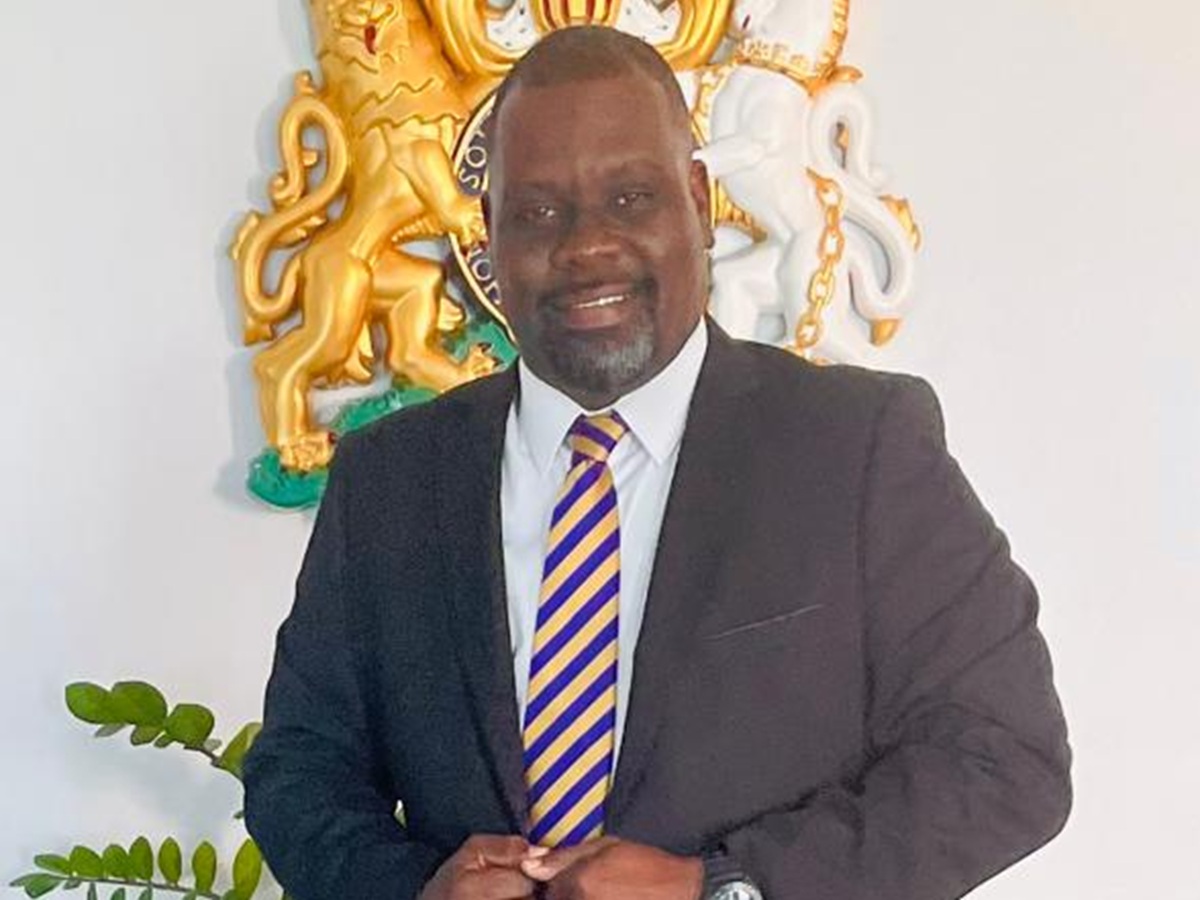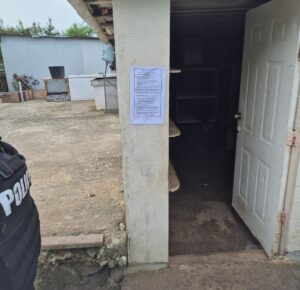Deandrea Hamilton
Editor
Turks and Caicos, December 18, 2024 – Fourteen years of existence and a new report released by the Office of the TCI Governor reveals, the Integrity Commission is currently not achieving its purpose, lacks a clear vision and requires reform.
H.E. Dileeni Daniel-Selveratnam, governor of the Turks and Caicos Islands commissioned the comprehensive review, which was carried out by Crest.
An unredacted document was made public along with comments from the Governor and Chair of the Integrity Commission; a working group is now being set up to initiate the reforms.
Crest interviewed over forty individuals, representing a cross-section of residents including elected officials, senior public servants and members of the public.
members of the public.
“This review aimed to address whether, as far as is compatible, with the duties imposed by law, the IC achieves its objectives and is relevant to the broader TCI governance landscape.”
The report exhaustively points to an Integrity Commission which falls short.
The admission, though not completely a surprise, is still startling. Now residents can take in, for themselves, what are listed as areas of weakness including that the Integrity Commission is unable to fulfill its mandate effectively, suffers from a lack of clear role definitions and does not enjoy public trust.
Ironically, accountability is also cited as inadequate and operationally, the Commission is in dire need of more skilled staff.
Chair of the Integrity Commission, Justice Tanya Lobban-Jackson is now tasked with turning things around; her working group is already assembled.
Optimistically, the review team explains that it “…has confidence that a truly effective public standard anti-corruption body will emerge from these reforms – one capable of meeting the complex challenges of promoting integrity and combating corruption in today’s landscape.”
This modernisation of the vision and functionality of the Integrity Commission is crucial, as the review informs a haphazard shift in focus has inadvertently blurred the mission.
“…the Integrity Commission (IC) has expanded its remit beyond its original mandate of addressing corruption, resulting in ‘scope creep’. Initially, the IC’s primary goal was focused on eradicating corruption in the wake of the 2009 Commission of Inquiry. Aligned to the constitutional provision, stakeholders expect the IC to lead in promoting public standards including cultural change, through education, compliance and enforcement. There is a lack of consensus, even within the IC itself, about how to balance these three pillars,” said the report.
The report informs that the IC must refine its mission in order to reconcile this concern and has listed eight areas as vital to establishing clear-eyed focus.
The Review Team’s eight key findings call for attention to determining: Purpose, Vision and Mission; Internal Structure and Governance; Ordinance and Legal Framework; Independence and Accountability; Investigations and Enforcement; Compliance and Declaration Process; Public Education and Awareness and Capacity and Capability and an understanding of context.
In a further breakdown, Justice Lobban Jackson will have to ensure the IC can agree on its purpose and aims.
“There will need to be refreshed in consultation with key stakeholders – including government officials, civil society organisations and the public,” explained the review team.
In her comments on the report, which will face House of Assembly scrutiny and was published on Monday December 16, Justice Lobban-Jackson, Chair said: “This independent review has provided a sobering but necessary assessment of the Integrity Commission’s performance. While the findings are difficult, they present an opportunity for growth and renewal.”
Accountability from the Integrity Commission will require formal reporting structures, clear metrics and standards which should be published and formal reports to the Governor and the House of Assembly on delivery of its duties.
A rolling 3-5 year strategy should be produced by the IC and alongside this, “a set of operational procedures and guidance should be developed to outline how the strategy will be operationalised,” details the review.
When it comes to investigations and enforcement, the review team and its recommendations are unequivocal.
“The IC must develop clear thresholds at which the IC will initiate investigators. These thresholds should specify the criteria for referring cases to the IC and circumstances under which cases will be investigated by the IC or where appropriate.”
This could lead to a reduction in time wasted, avoidance of weak or frivolous cases and in the long run engender greater public trust.
“Once sufficient evidence has been collected by the IC, the case should be handed over to a specialist agency who can take it forward to charge and prosecute.”
A legislatively stronger Integrity Commission is also recommended.
“The IC must develop a comprehensive framework for graduated sanctions that can be applied at all levels of public service.”
Sanctions would certainly work as a deterrent to corruption and bestow upon the Commission new powers.
To improve public perception of the IC’s commitment to fairness, transparency and accountability, the recommendations suggest, “The IC must confirm with the public when an individual has been cleared of wrongdoing following an IC investigation.”
For compliance activities, the recommendation is to launch fresh consultations to ensure there is understanding and meaningful engagement. The ability to achieve compliance should also be a streamlined process, offers the report.
An introduction of stronger partnerships might help the staffing challenges at the Turks and Caicos Integrity Commission.
“Where it is agreed that activities outside of the IC’s remit or it is recognised that the IC does not have sufficient capacity or expertise to take an aspect of possible corruption, the IC must widen appropriate partnership working as part of a whole system approach to good governance.”
Regional and International partners, coupled with a comprehensive stakeholder mapping exercise among government bodies were listed as ways to broaden capacity without adding to staff directly.
Staff Recruitment was the final feature in the 26-page document.
“The IC staff should conduct a comprehensive assessment of the IC’s current and future staffing needs, with a particular focus on identifying areas where specialist skills or expertise may be required.”
In sharing the review, Her Excellency the Governor said: “The findings of this review make clear that the Integrity Commission requires significant reform to regain public trust and deliver on its mandate effectively,” said Daniel-Selveratnam speaking on behalf of herself and the Chair, she added, “Together, we can work to restore public confidence and ensure the Commission fulfils its vital role with integrity and effectiveness.”

 News1 week ago
News1 week ago
 Caribbean News1 week ago
Caribbean News1 week ago
 News1 week ago
News1 week ago
 News6 days ago
News6 days ago
 News6 days ago
News6 days ago
 News15 hours ago
News15 hours ago

























